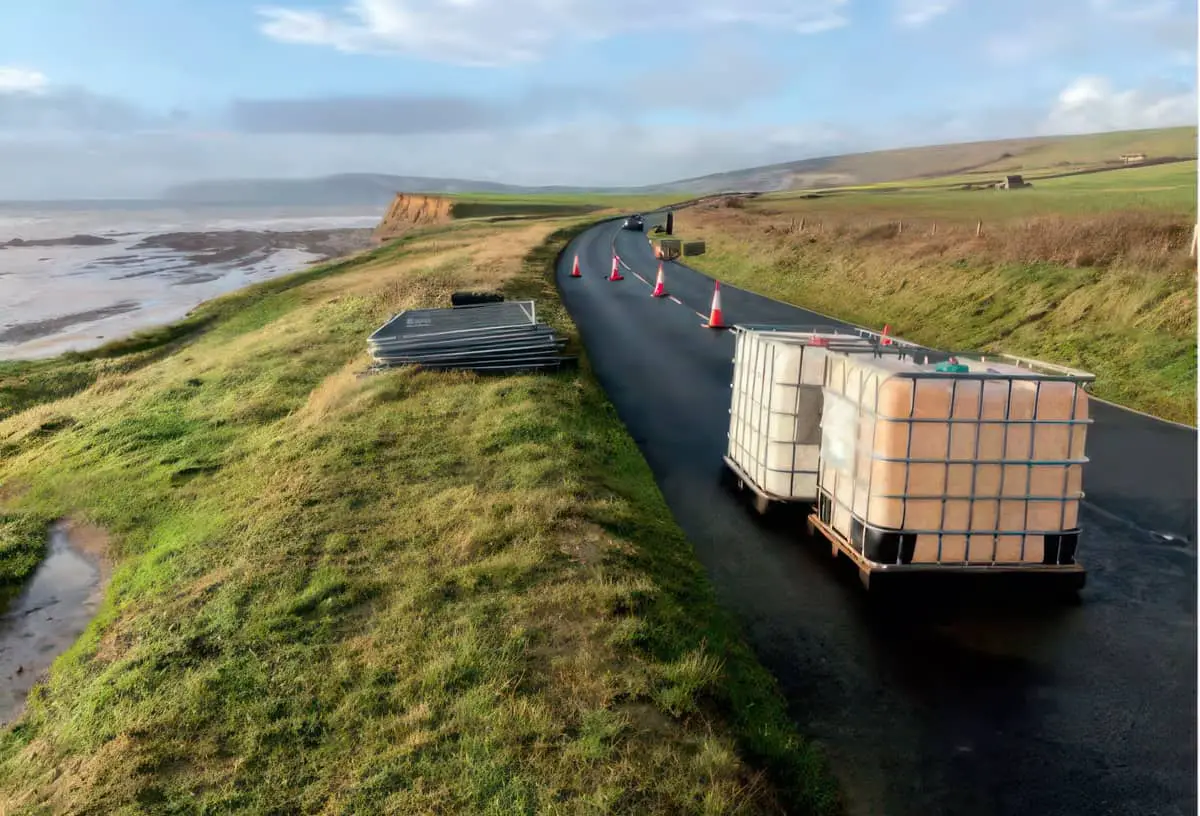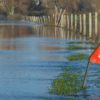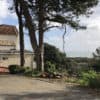“The lack of vision or action to preserve this coastal route by local and national government is heartbreaking.”
A councillor has slammed the Isle of Wight council and the government for not doing enough to save the iconic Military Road after plans to shore up a section were refused last week.
Councillor Nick Stuart, the LibDem representative for Brighstone, Calbourne and Shalfleet, was among those on the council’s planning committee to reject Island Roads’ proposals for a 26-metre-long wall with piles drilled 21 metres into the ground between Brook and Hanover Point.
He said the plans were deeply and fundamentally flawed as it would damage a nationally important landscape and environment, while only saving the road for a few more years.
Stuart: Shocking that there is no Plan B
Councillor Stuart said it was right to refuse the plans, but he still despaired and found it shocking that there was no Plan B.
Since the refusal, the Isle of Wight council has said it currently has no plans to secure the road, which in some places is just metres away from the cliff edge.
Jordan: Seeking a suitable, viable and sustainable option
Work was ongoing, council leader Phil Jordan said, to find a suitable, viable and sustainable option to maintain the road, but there was no timeframe as to when that could be.
Councillor Stuart joined the authority last year and said he had joined a multi-party meeting with local and central government organisations, but it had been “lots of hot air and handwringing” with still no outcome.
Stuart: Government should cough up the cash
He said,
“The key point is money, and given central government has spent years reducing support to our council while loading on new responsibilities and time-consuming initiatives, it should cough up the cash now.
“The road was built to protect the Island and southern England from invasion, now central government seem happy for it to vanish into the waves. Not a great look for global Britain.”
Stuart: An attraction for visitors
Councillor Stuart also highlighted the Military Road was an attraction for visitors from all around the world but also proved to be a vital route for Islanders.
He said the damage that would be done to the Island’s image and attractiveness in the eyes of tourists should make saving the road a priority, let alone the direct economic and critical impact it would have on locals.
This article is from the BBC’s LDRS (Local Democracy Reporter Service) scheme, which News OnTheWight is taking part in. Some alterations and additions may have been made by OnTheWight. Ed





